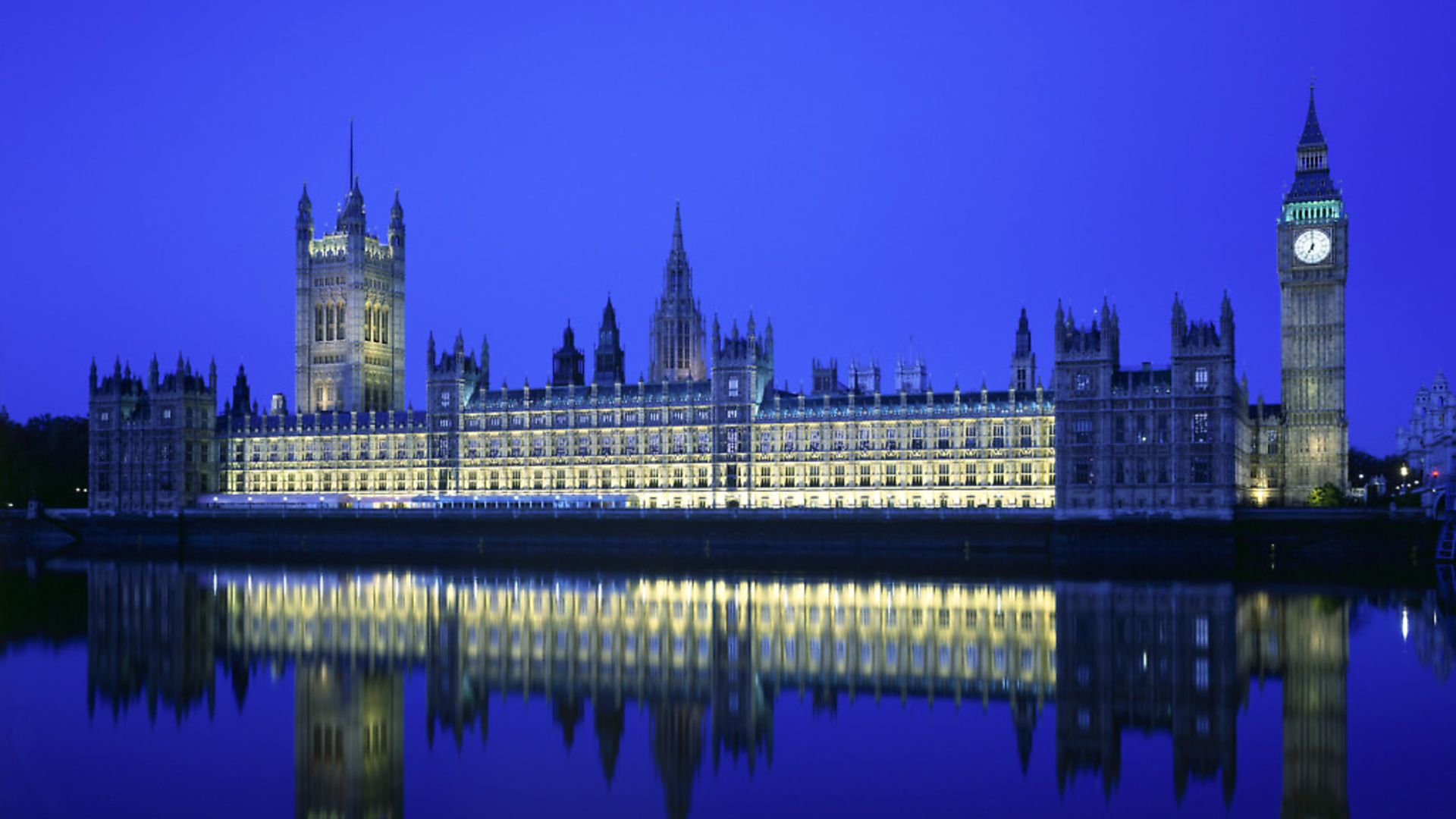
Parliament must find ‘modern, democratic way’ to hold the government to account during the coronavirus outbreak, the electoral reform society has said.
Options being discussed by parliamentary authorities include ‘radically’ reducing the number of MPs present in the chamber or allowing party whips to act as ‘proxies’ for colleagues’ votes.
But the Electoral Reform Society warned this could concentrate power at a time of crisis and called for remote voting to be introduced.
One of the pressure group’s directors, Willie Sullivan, said: ‘The need for scrutiny at a time of national crisis increases, not the opposite. It is vital that parliament responds to the need for MPs to self-isolate in a modern, democratic way.
‘Rather than handing all the power to the party whips, this should be an opportunity for parliament to modernise and introduce remote voting – with MPs feeding in their views electronically or directly to the clerks.
‘Westminster’s set-up is already one of the most centralised, undemocratic systems among advanced democracies: This crisis must not further entrench that.
‘Rather than silencing backbenchers and proper debate, let’s bring Westminster into the 21st century.’
The Commons Procedure Committee published a letter from Commons clerk Dr John Benger discussing the options that may be considered.
Among them were a portion of MPs representing the current balance of the House being agreed by parties if it is desired to ‘reduce radically’ the number of members in the chamber.
Have your say
Send your letters for publication to The New European by emailing letters@theneweuropean.co.uk and pick up an edition each Thursday for more comment and analysis. Find your nearest stockist here or subscribe to a print or digital edition for just £13. You can also join our readers' Facebook group to keep the discussion and debate going with thousands of fellow pro-Europeans.
And Dr Benger referenced examples in other nations where whips act as proxies for members of their parties in order to register their votes.
Procedure Committee chairwoman Karen Bradley said: ‘Our priority is to ensure that the House’s procedures can adapt to this rapidly changing situation.
‘As a precautionary measure, the committee has been in discussion with the Clerk of the House and other senior House officials. We are examining the appropriate and responsible steps to take to ensure that the core work of the House continues in a responsible manner.’
All non-essential public access to parliament is being stopped in the fight against the spread of Covid-19.
Commons speaker Sir Lindsay Hoyle said there will be no access to the public galleries in both Houses from Tuesday.
And he urged MPs and peers over the age of 70 and those with underlying health conditions to listen to Public Health England advice.








